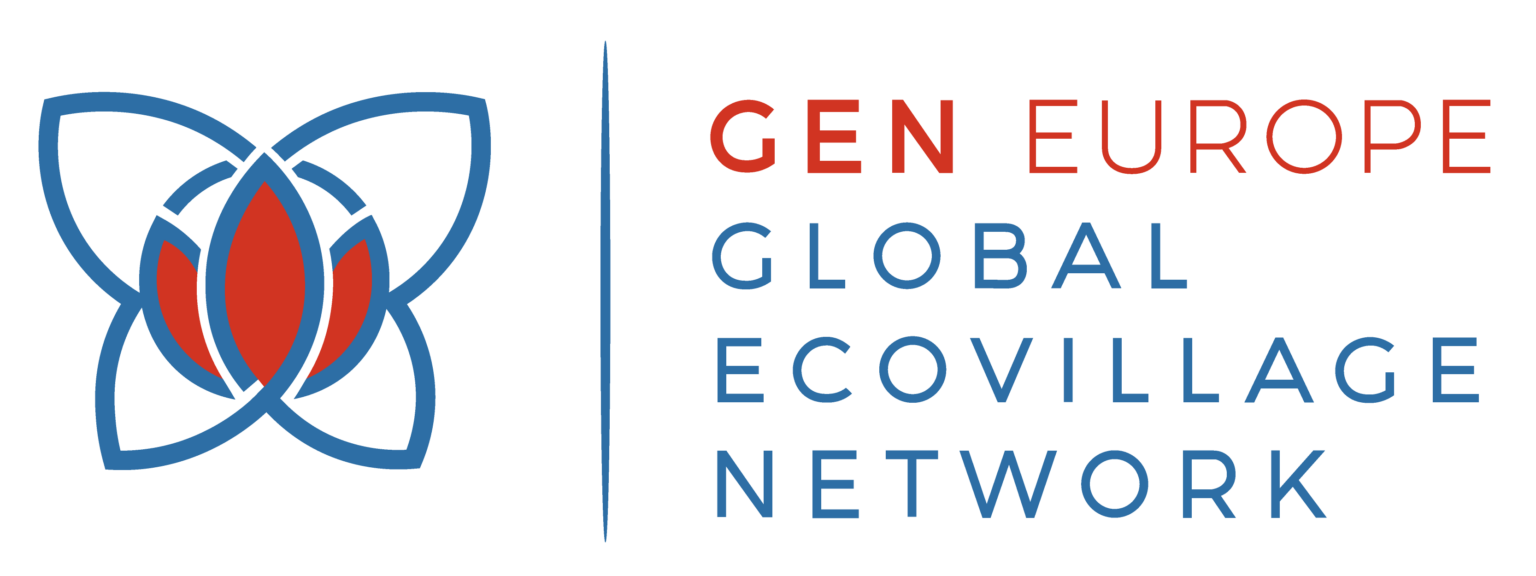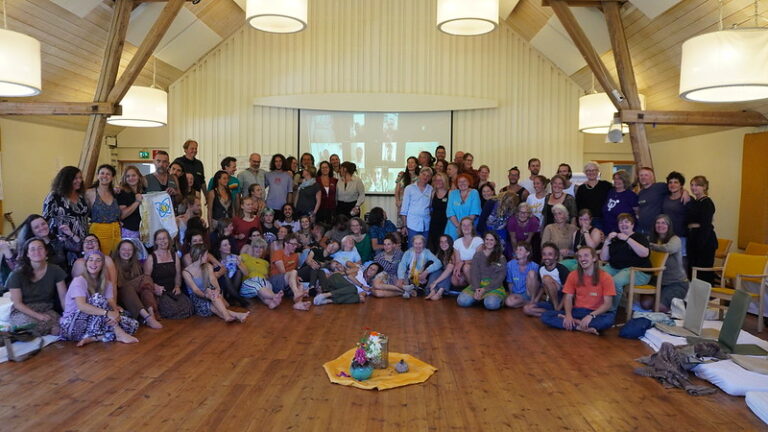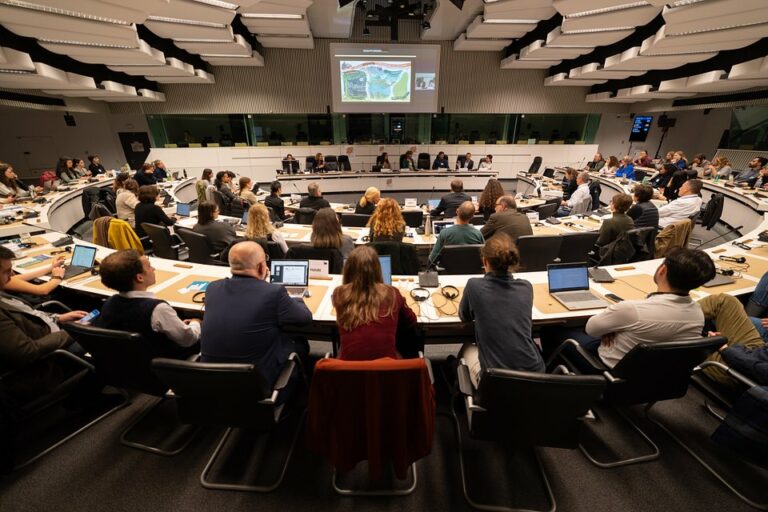Community Incubator training – what’s it like?
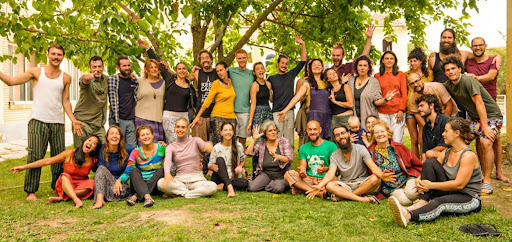
CLIPS – the Community Learning Incubator Programme – is GEN Europe’s flagship training programme, developed by ecovillage founders and expert over several years of collaboration. It aims to support early stage communities overcome common challenges, and to train community members to support themselves and others with a set of tools, methods, resources and games that support group-building and conflict resolution.
Thanks to Erasmus+ funding from the European Union, we are able to train ever more people in CLIPS methods and spread good practice in group development – whether it’s for ecovillages, cooperatives, business projects, or any other group dynamic. Galena Tsvetkova, who took part in the latest training that took place in Arterra Bizimodu ecovillage in Northern Spain, tells us about her experience. Photos by Alexis Cruz
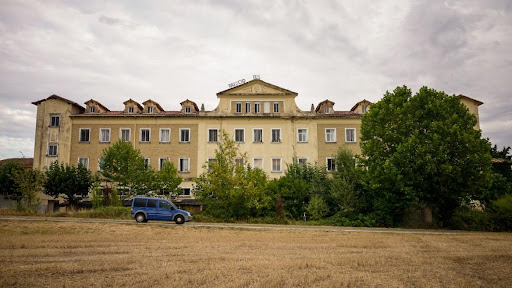
To kick off the training, we were introduced to the four levels of the Community Learning Incubator Programme for Sustainability (CLIPS) – Individual, Community, Intention and Structure, in the beautiful Community of Arterra Bizimodu located in Navarra, Spain.
The trainers first introduced us to the “Intention” layer of the model. We were divided in groups – one of the trainers presented the backcasting method and the other trainer – the dragon dreaming method as well as the traffic light method. Later in the day we worked in our project groups and were able to apply the method of our preference to explore our intention as a group. This brought clarity and served as a base for forming our vision, mission and goals.
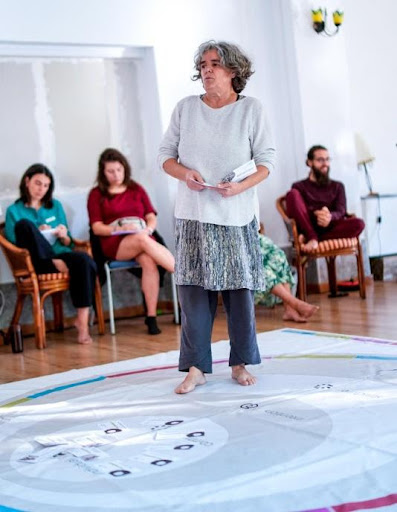
On day three, we explored the topic of “I-We”, the interconnections of the individual layer and the community layer and the line between personal needs and the needs of the community. We discussed different parasitic roles that may manifest in the context of a group when a person tries to take energy from the group to her/himself. The trainers put stress on the importance of distinguishing between person and behaviour rather than putting labels on people. We briefly explored a case that was shared with us by one of the participants in which her community faced a major problem. This led to another topic – protocols, which we also discussed.
In the afternoon we worked in groups continuing our work on vision/mission/goals from the previous day and exploring the dynamics of the group running a quick scan on any parasitic roles that we may be manifesting.
On day four, the topic of the day was “Structure”. Using our host community as an example, we explored the managerial and operational circles of Arterra Bizimodu. In the afternoon we visited the Lakabe eco-village. A member of the community showed us around and introduced us to their structure. We were given a chance to ask questions and gained more insight on their sources of income and some of the struggles they’ve experienced.
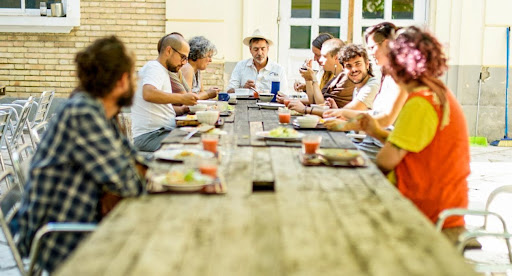
The training was valuable on many levels but apart from the facilitation everything else was also taken good care of. The food was mostly from the community’s own gardens and was spectacular. The accommodation was good and the logistics well-organised.
